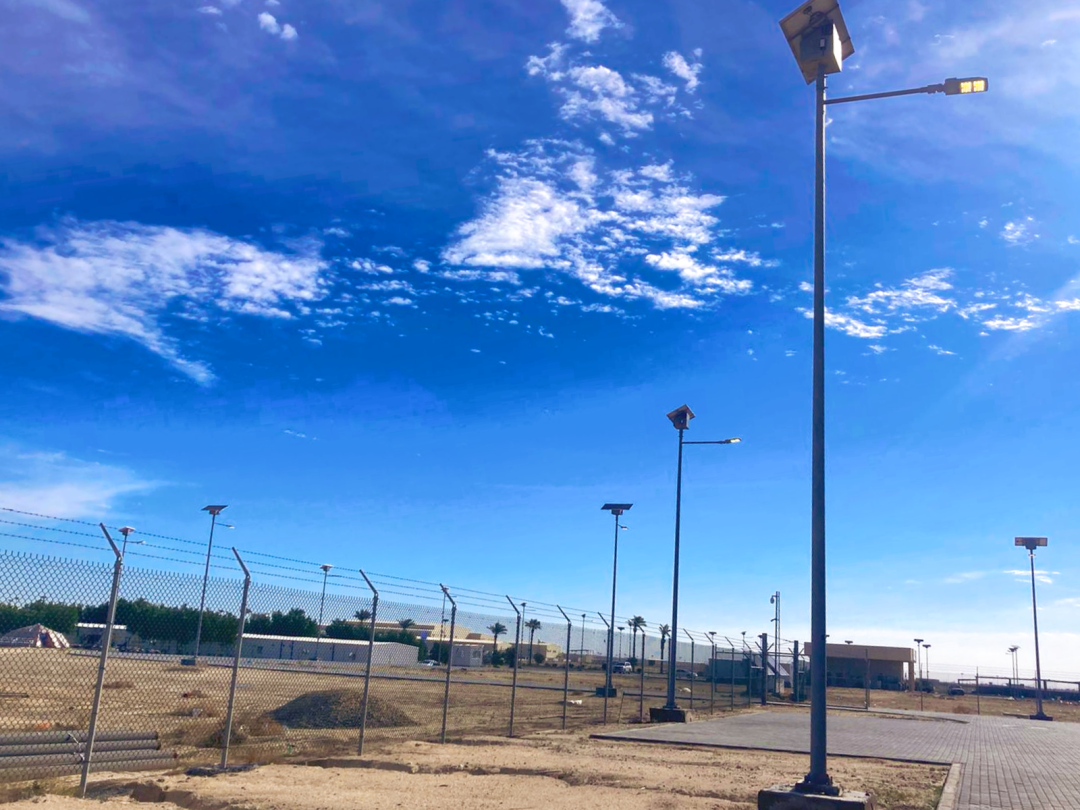The advent of intelligent control systems has revolutionized various sectors, and urban street lighting is no exception. As cities strive for sustainability, efficiency, and enhanced public safety, the integration of intelligent control systems in street lighting has become imperative. This article delves into the specific applications of these systems in urban street lighting, highlighting their transformative impact on energy management, public safety, maintenance practices, and overall urban aesthetics.
Energy Management and Optimization
Intelligent control systems enable precise energy management in urban street lighting. Through the use of sensors and advanced algorithms, these systems can dynamically adjust the brightness and intensity of street lights based on real-time data such as ambient light levels, weather conditions, and pedestrian or vehicular traffic. For instance, during periods of low traffic or natural daylight, lights can be dimmed or turned off to save energy. on the contrary, in high-traffic areas or during adverse weather conditions, lights can be brightened to ensure optimal visibility and safety. This energy optimization not only reduces electricity consumption but also contributes to significant cost savings for cities.
Public Safety Enhancement
Intelligent control systems play a crucial role in enhancing public safety. By ensuring that streets are adequately and appropriately illuminated, these systems create a safer environment for all road users. Additionally, many intelligent control systems incorporate surveillance cameras and other security devices, which can be integrated with the lighting system to provide real-time monitoring and alerts. In the event of an incident or suspicious activity, the system can immediately alert authorities, enabling a prompt response. Furthermore, some systems can even adjust lighting patterns in response to emergency situations, such as illuminating evacuation routes during disasters.

Maintenance and Fault Detection
Traditional street lighting systems often require extensive manual inspections and maintenance, which can be costly and time-consuming. Intelligent control systems, however, streamline maintenance practices by enabling remote monitoring and diagnostics. Through the use of sensors and data analytics, these systems can detect potential faults or malfunctions in individual lights or the entire lighting network. This allows for proactive maintenance, reducing the need for on-site inspections and minimizing downtime. Moreover, many systems provide predictive maintenance capabilities, enabling city officials to schedule repairs before a failure occurs, further improving reliability and reducing costs.
Aesthetic and Urban Planning Integration
Intelligent control systems also offer aesthetic and urban planning benefits. By allowing for precise control over lighting levels and colors, these systems can be used to create visually appealing lighting designs that enhance the overall appearance of a city. For instance, lights can be programmed to change colors or intensity based on specific events or seasons, adding a dynamic element to urban spaces. Furthermore, intelligent control systems can be integrated with other urban infrastructure, such as traffic signals and public art installations, to create a cohesive and harmonious urban environment.
Conclusion
In conclusion, the specific applications of intelligent control systems in urban street lighting demonstrate their transformative impact on energy management, public safety, maintenance practices, and urban aesthetics. By enabling precise energy optimization, enhancing public safety, streamlining maintenance, and offering aesthetic benefits, these systems are reshaping the way cities approach street lighting. As technology continues to advance and cities strive for sustainability and efficiency, the integration of intelligent control systems in street lighting will become even more crucial, paving the way for safer, more livable, and more sustainable urban environments.


 Why Choose Our Smart Poles?
Why Choose Our Smart Poles?
 Why Choose Our Smart Street Light Controller?
Why Choose Our Smart Street Light Controller?
 Gathering Talents on the New Silk Road, Advancing Together Toward the Future | Fangda Intelligent Control Honored as a Top 10 Case of 'Overseas Chines
Gathering Talents on the New Silk Road, Advancing Together Toward the Future | Fangda Intelligent Control Honored as a Top 10 Case of 'Overseas Chines
 Fonda had its own moment — celebrating 100 days of all-staff English check-ins.
Fonda had its own moment — celebrating 100 days of all-staff English check-ins.